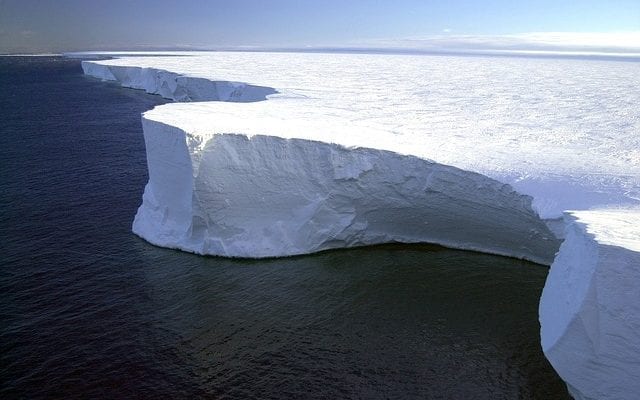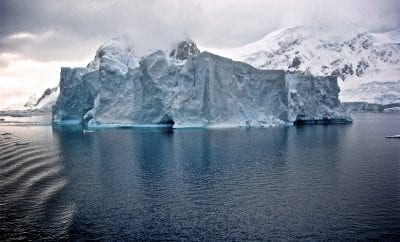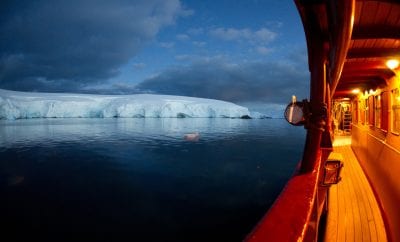
News
Antartica Has Lost Three Trillion Tons of Ice in the Past 25 Years
Satellite footage monitoring the state of the coldest southern continent has indicated that it has lost about 200 billion tons of ice each year for the past 25 years. The result of this massive melt-off has resulted in the global sea levels rising about 0.6mm annually – a 300% increase since the last assessment was completed in 2012.
In a report published in the journal Nature by 80 scientists, it warns that at this rate, oceans are rising faster than they ever. This spells trouble for coastal communities who are continuously threatened by rising sea levels, causing irreversible damages to their homes and properties.
 In the last quarter century, the Antarctic ice sheet, which is often used as a key indicator of climate change, has melted into enough water to cover Texas to a depth of nearly 13 feet, according to researchers calculations. Isabella Velicogna, one of the 88 co-authors of the report, said, “I think we should be worried. That doesn’t mean we should be desperate. Things are happening. They are happening faster than we expected.” While her words ring true with optimism, her fellow co-author Ian Joughin of the University of Washington made it seem otherwise, saying that part of West Antarctica, where the majority of the melting is occurring, “is in a state of collapse.”
In the last quarter century, the Antarctic ice sheet, which is often used as a key indicator of climate change, has melted into enough water to cover Texas to a depth of nearly 13 feet, according to researchers calculations. Isabella Velicogna, one of the 88 co-authors of the report, said, “I think we should be worried. That doesn’t mean we should be desperate. Things are happening. They are happening faster than we expected.” While her words ring true with optimism, her fellow co-author Ian Joughin of the University of Washington made it seem otherwise, saying that part of West Antarctica, where the majority of the melting is occurring, “is in a state of collapse.”
In order to reach these conclusions, scientists looked at ice loss in 24 different ways using 10-15 satellites, in addition to air and ground measurements and computer simulations. Lead author Andrew Shepherd of the University of Leeds in England thinks that by the end of the century, Antarctica alone can add up to a half a foot to sea level rise. This does not include other dwindling ice sheets around the globe, including the massive one in Greenland.
Shepherd brushed off skeptics who claim that climate change isn’t the driving factor behind this massive melting of the ice sheet. He said, “Under natural conditions we don’t expect the ice sheet to lose ice at all. There are no other plausible signals to be driving this other than climate change.” He blames the burning of coal, oil and natural gas as the cause of global warming.
While the majority of the recent melt is taking place in West Antarctica, the latest figures show that East Antarctica is losing a significantly smaller amount of ice each year – 31 tons. Before 2012, the area was actually gaining ice. However, scientists are not jumping to conclusions in saying that this trend in East Antarctica will continue. Co-author Joughin says that this region of the continent is experiencing less melting due to natural variability, but he warns that this will most likely be the case for only a few more decades.
Nevertheless, it is a grim warning that climate change is beginning to occur more so than ever, and we’re approaching a time where we won’t be able to turn back unless we drastically change the way we think about the environment.





1 Comment